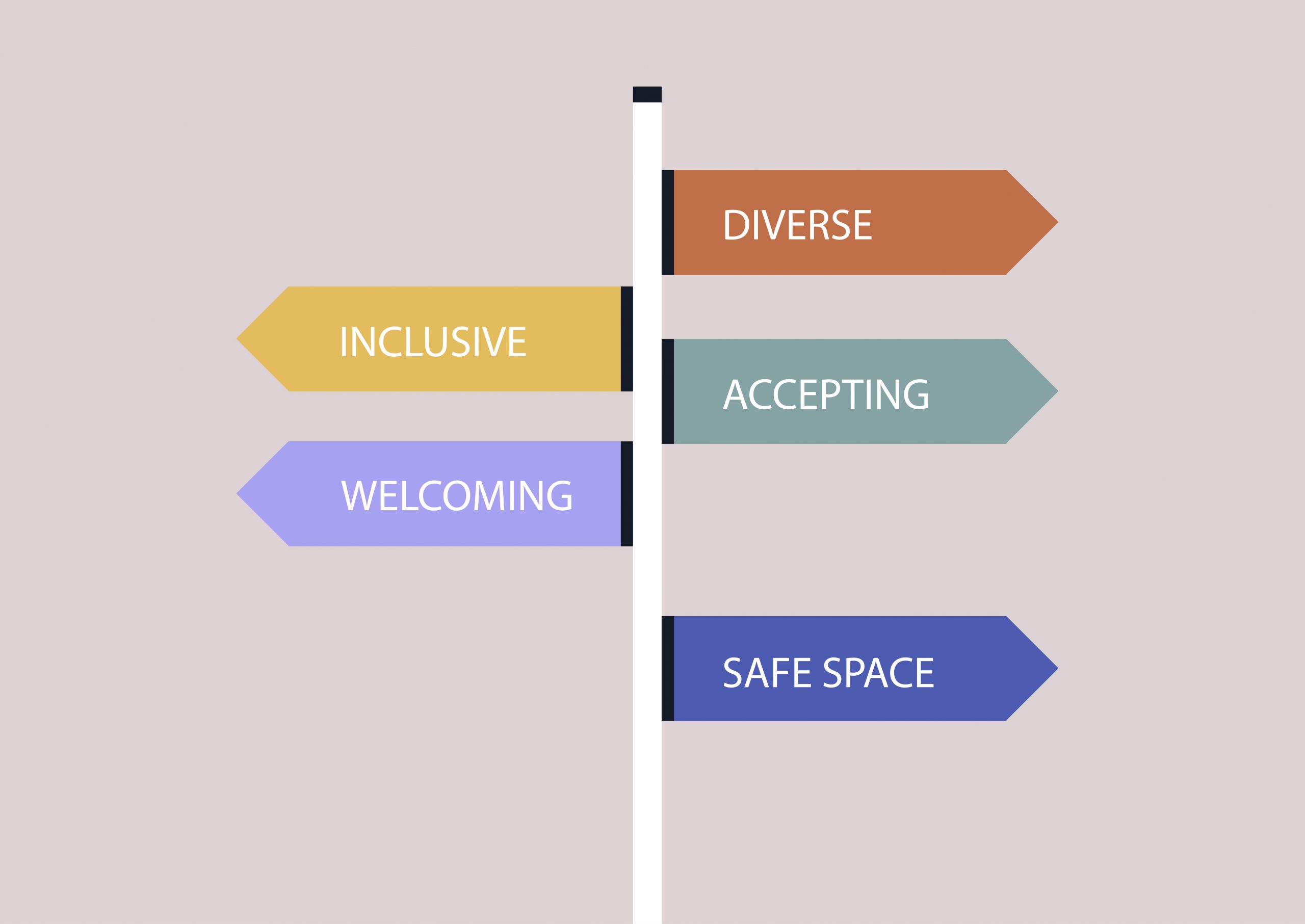Are you always in tune with your audience? Embracing inclusive language and cultural agility at conferences and with clients.
Recently, I have been thinking about how times have changed and what was acceptable – or expected – just a few years ago may not feel the same now.
One example of this is how audience members at conferences are addressed. The traditional approach of a “Ladies and Gentlemen” now seems very antiquated; modern-day global audiences are likely to have a much more rich – and less binary – identity.
So perhaps conference speakers could consider an alternative approach with a less gender-specific connotation, for example, “Esteemed guests”, “Honoured delegates” or “Respected Attendees”, may be more appropriate: despite being tremendously formal, in their favour they denote no assumptions as to gender and therefore may create a more inclusive and welcoming environment for all involved. For more relaxed occasions, speakers could perhaps use a simple “Hello, everyone” or a straightforward “Good morning/good afternoon”. It’s an easy but thoughtful change which ensures that everyone is included and recognised. As a conference interpreter it is something I will be paying close attention to in future.
Of course, language is more than just words. The language you choose and how you use it can deeply affect every situation, so understanding what is culturally acceptable and adapting accordingly is a sensible approach to adopt.
For example, when starting a business relationship with a new client I feel it’s always essential to understand the cultural nuances and local conventions. Is it appropriate to use first names or titles? Is it deemed acceptable to interrupt the other person’s sentence? Are there any questions that might be considered rude?
Making a mistake in any of these areas could put an abrupt halt to your business opportunities along with potentially causing offence to your client.
A shift in language doesn’t just change the words we speak; it transforms the atmosphere of conferences and meetings into a space that embraces everyone. I am all for making my words reflect an inclusive spirit that I feel is right to aspire to foster.
So how do you ensure that your language choices are correct and that you are always inclusive and embracing of all cultures and genders? I’d love to hear your thoughts on this.
